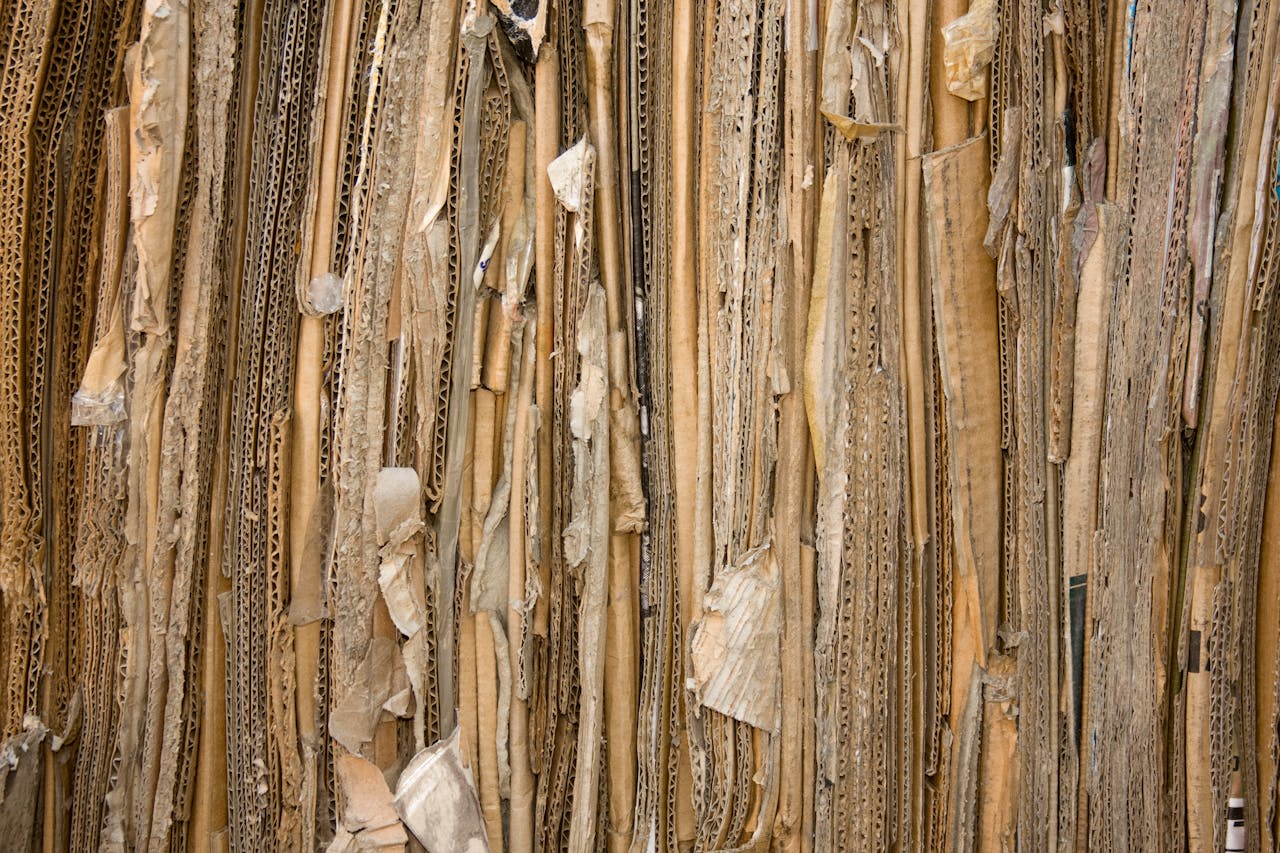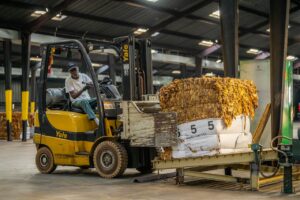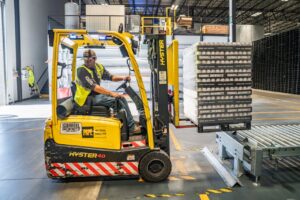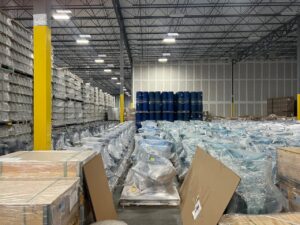
Let’s talk about recycling balers, the unsung heroes of organized recycling! Whether you’ve got one or are considering it, these machines are key for efficient operations and keeping things eco-friendly.
We’ll cover what they are, the different types, and dive deeper into why maintenance is absolutely crucial.
What’s a Recycling Baler, and Why You Might Need One
A recycling baler is like a super-powered trash compactor designed to neatly bundle your recyclables. It squishes down cardboard, plastics, metal, and more into tight, manageable bales.
Here’s why they’re awesome:
- Space Savers: Turns giant piles of recyclables into compact bundles.
- Money in Your Pocket: Balers often make your materials more valuable to recyclers.
- Cleaner and Safer: Reduces loose materials, minimizing mess and potential trip hazards.
- Planet-Friendly: Saves landfill space and reduces the need to manufacture from raw materials.
The 2 Main Types: Vertical vs. Horizontal
Vertical Balers are ideal for those who manage smaller volumes of recyclables or have limited space constraints. Vertical balers are good at compacting materials vertically, creating stackable bales that are simple to manage and store.
Horizontal Balers are designed for high-volume recycling operations. They compress materials from the side, and some models even boast automatic feeding systems for continuous operation. These features make them perfect for efficiently processing large quantities of recyclables.
The Importance of Baler Maintenance
Your baler needs regular checkups and TLC to run reliably. Here’s why maintenance is non-negotiable:
- Prevent Breakdowns: Catching small issues early saves you major headaches and downtime.
- Extend Lifespan: A well-maintained baler can last for years and years, saving you big money long-term.
- Safety: A poorly functioning baler is a potential safety hazard. Maintenance is key for everyone’s safety.
- Maximized Efficiency: Keeps your baler running at its best, so you get the most bang for your buck.
What Does Maintenance Involve?
Vulcan Wire specializes in keeping balers in top shape; check out our maintenance services. Here are some common maintenance tasks:
- Regular Inspections: Checking for worn parts, leaks, or anything that looks out of place.
- Lubrication: Keeps moving parts working smoothly and prevents premature wear.
- Hydraulic System Care: Oil changes, filter replacements, and checking for leaks are crucial.
- Electrical Checkups: Ensuring wiring is safe and all components are working correctly.
- Wire Replacement: Baling wire gets used up, and professionals ensure it’s replaced and tensioned correctly.
Baling Wire Basics
Wire is what holds your bales together. The type you need depends on your baler. Vertical Balers usually use smaller gauge wires or single-loop bale ties. Where as horizontal Balers need tougher stuff like box wire (big coils) and Black Annealed Wire (strong and flexible).
Choosing the Right Baler: Things to Think About
- What do you need to bale? How much cardboard, plastic, etc., and what’s the mix of materials?
- Space Matters: Does your chosen baler actually fit in your facility?
- Bale Handling: How will you move the finished bales? Forklift, pallet jack, etc.?
- Power Up: Make sure you have the right electrical setup for the baler.
- Safety First: Look for emergency stops, safety guards, and user-friendly controls.
Baler Machines Keep Things Running Smooth
Whether you’re new to balers or have one that’s seen better days, the benefits are undeniable. But remember, to keep those benefits rolling in, maintenance is key. A well-cared-for baler makes recycling easier, safer, and more profitable.
Ready to keep your baler running at its best? We’re the experts in baler maintenance. We can provide parts and services for 470, 340, and 330 TIER. Standard parts are all in stock at our Hayward facility and are available for immediate delivery. Contact us for a free quote on whatever you need, and let’s keep your recycling operations running smoothly.





















